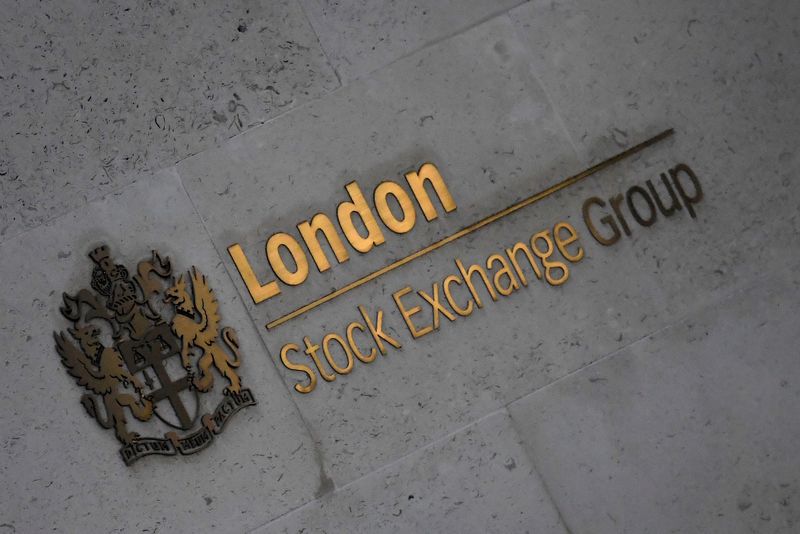By Shubham Batra and Johann M Cherian
(Reuters) - UK's FTSE 100 closed Wednesday's session slightly lower, though Marks & Spencer hit its highest levels in over a year-and-a-half following upbeat profit, while ITV (LON:ITV) rolled to the bottom of the mid-cap index after a disappointing forecast.
The benchmark FTSE 100 inched 0.1% lower, nearly offset by an 8.4% jump in Marks & Spencer (M&S) (L:MKS) after the retailer reported a better-than-expected profit in the first half and reinstated its dividend after four years.
The retailers sector, which houses M&S, rose 1.4%.
"The real talking point was the reintroduction of dividend payments," said Aarin Chiekrie, equity analyst at Hargreaves Lansdown (LON:HRGV).
"The yield is relatively low, but it marks a moment of significance for the group, and it’s a real statement of confidence around the outlook for the business from M&S management."
Bank of England Governor Andrew Bailey pushed back against any discussions around cutting interest rates less than two days after the central bank's chief economist appeared to back market expectations of a rate cut in August next year.
The export-focused FTSE 100 has been range-bound over the past few sessions as investors review comments from the policymakers on the rate cuts. Investor nerves continue around the impact monetary tightening has had on UK economic growth so far.
Meanwhile, the mid-cap FTSE rose 0.5%, overshadowing a 6.0% fall in broadcaster ITV.
ITV, which saw its biggest one-day drop in 10 months, said lower demand for its content from free-to-air broadcasters would impact its studio business in the fourth quarter.
Luxury carmaker Aston Martin ended 2% higher after the Warwickshire-based company said Saudi Arabia's Public Investment Fund (PIF) had raised its stake by 2.6 percentage points, making the sovereign fund its second-largest shareholder.
Rolls Royce (LON:RR) surged 2.8% after brokerage Morgan Stanley (NYSE:MS) raised its rating on the aircraft engine maker to "overweight".

Meanwhile, a survey showed that the decline in hiring by British employers eased slightly in October, but pay growth slackened and rising redundancies led to an increase in job seekers.
(This story has been corrected to say percentage points, not percentage, in paragraph 10)